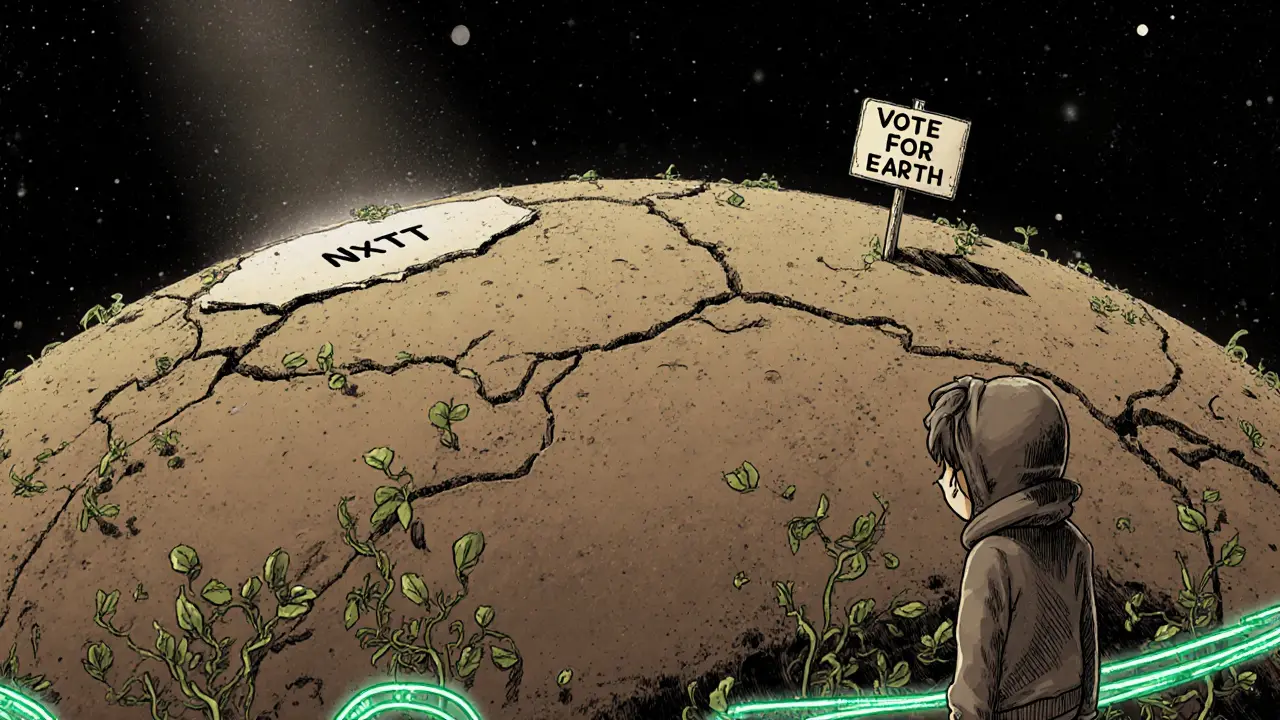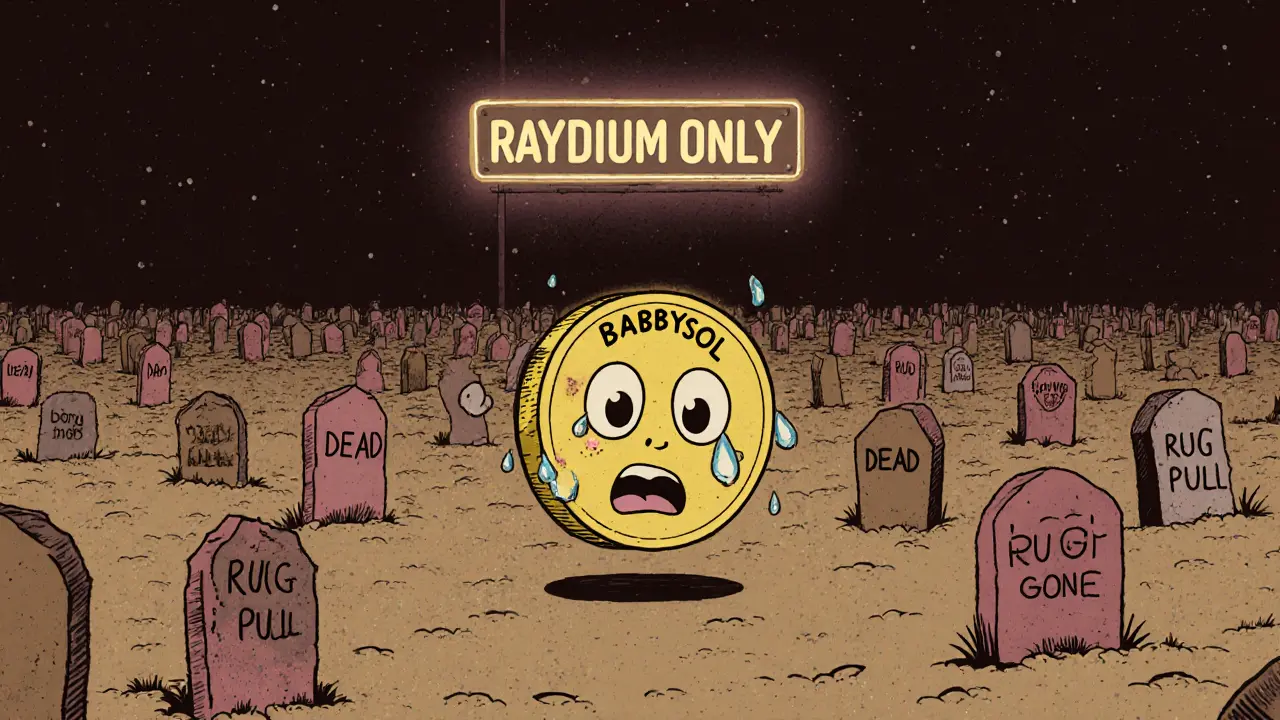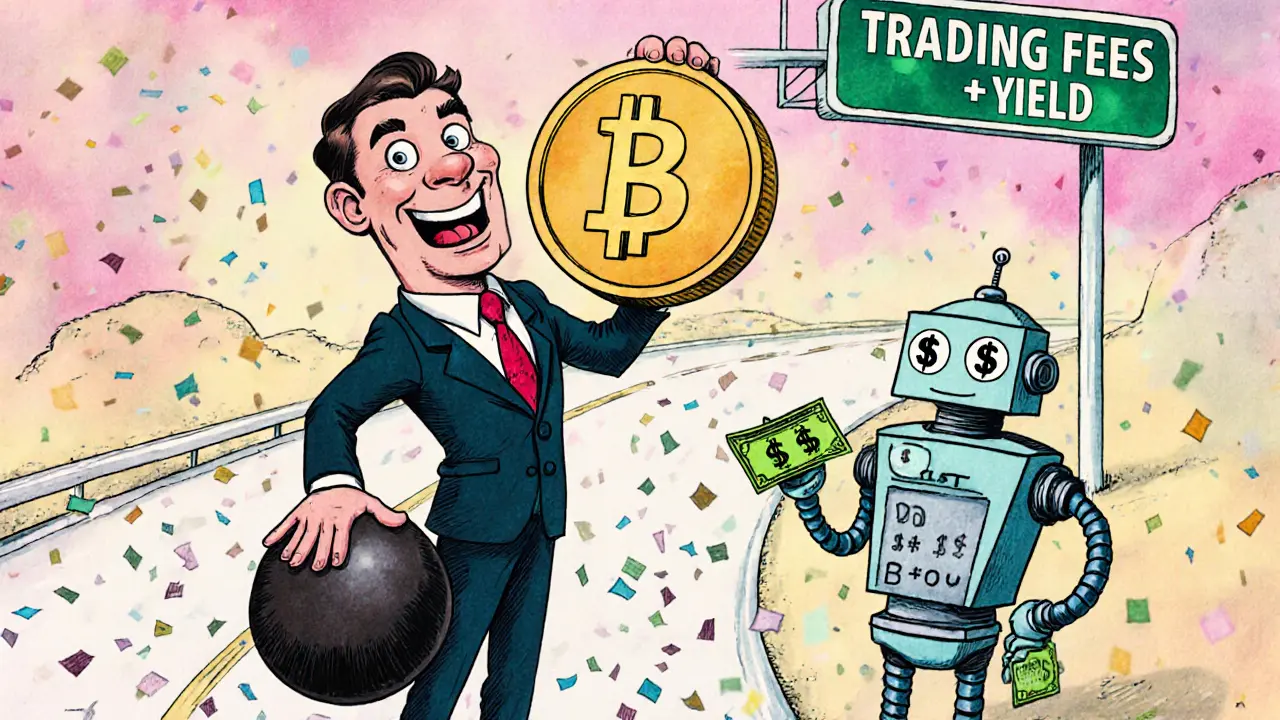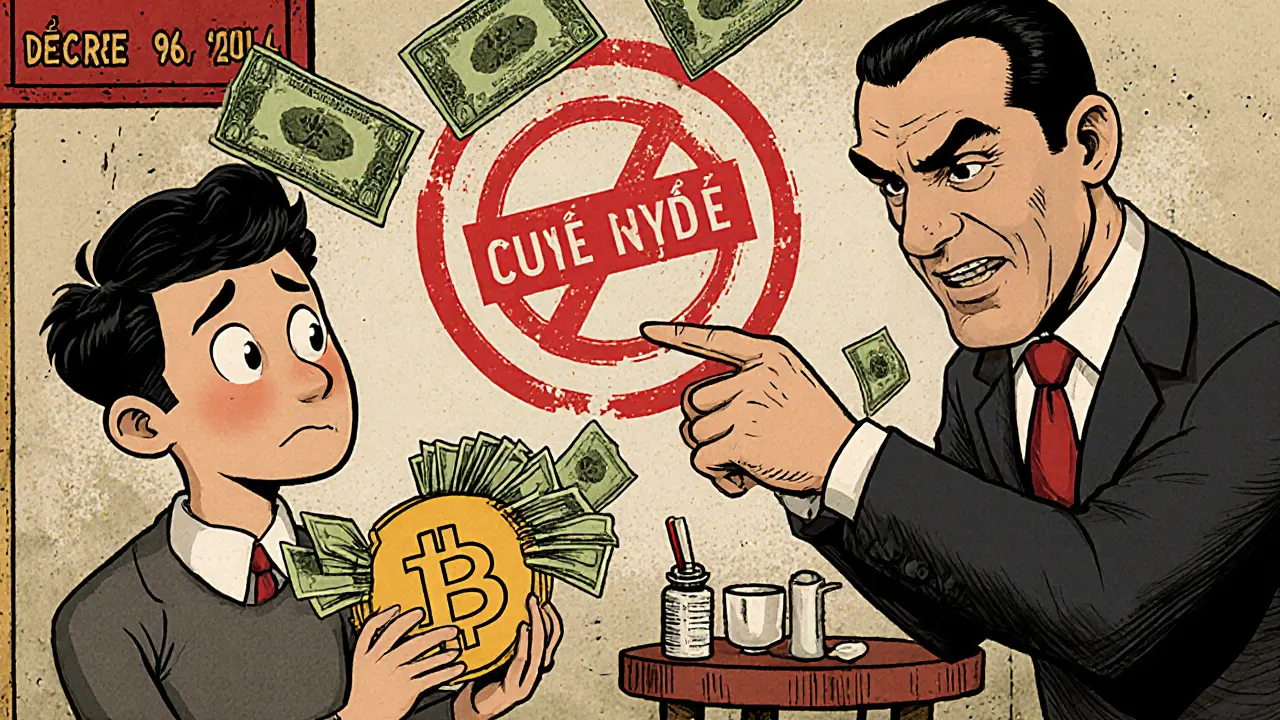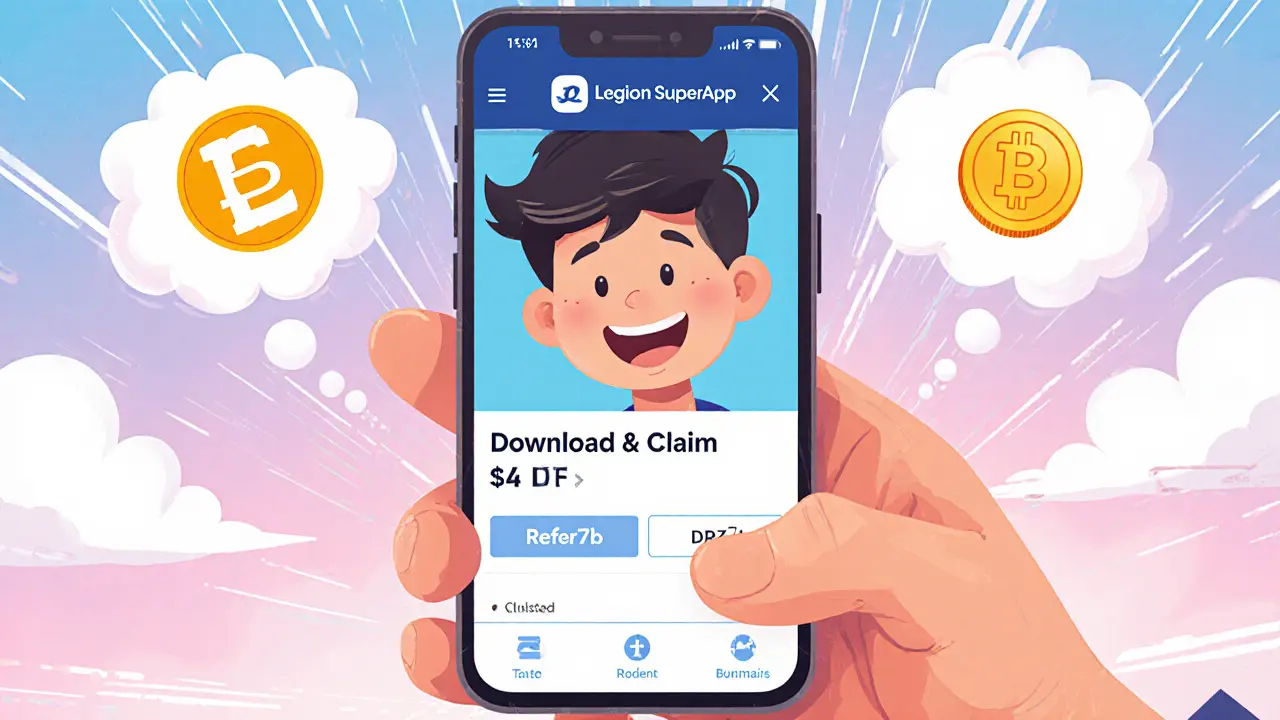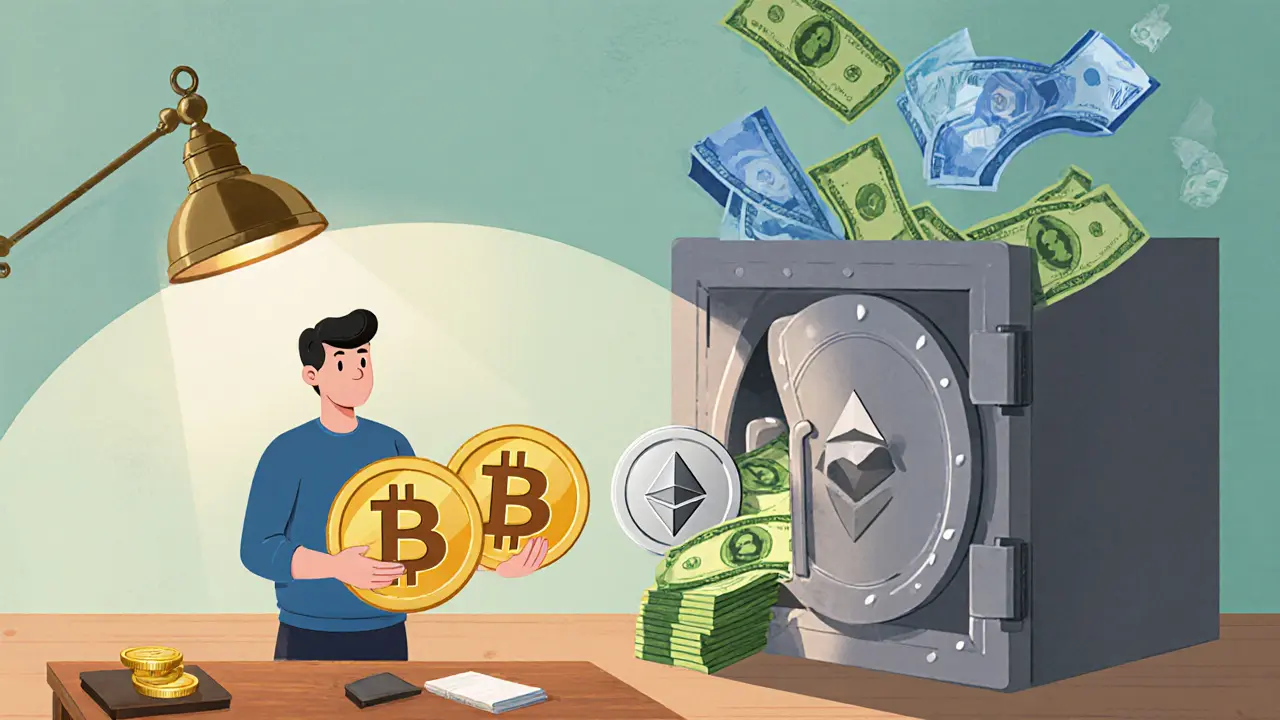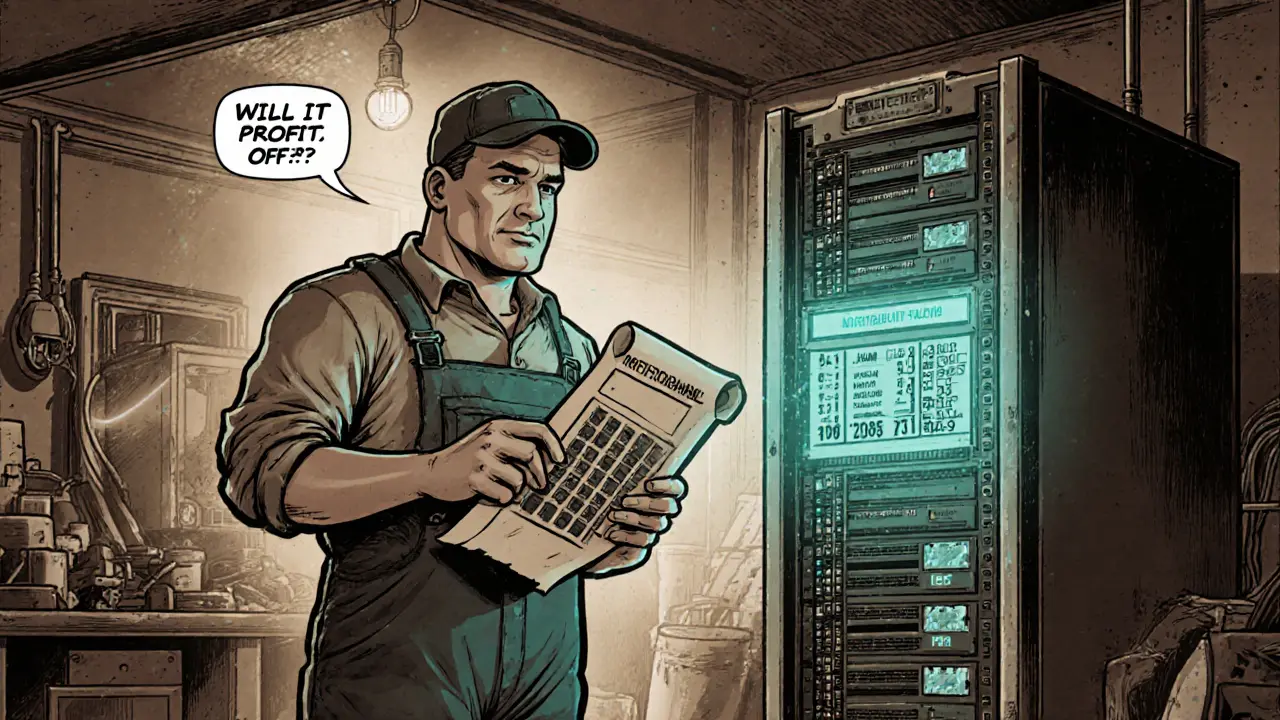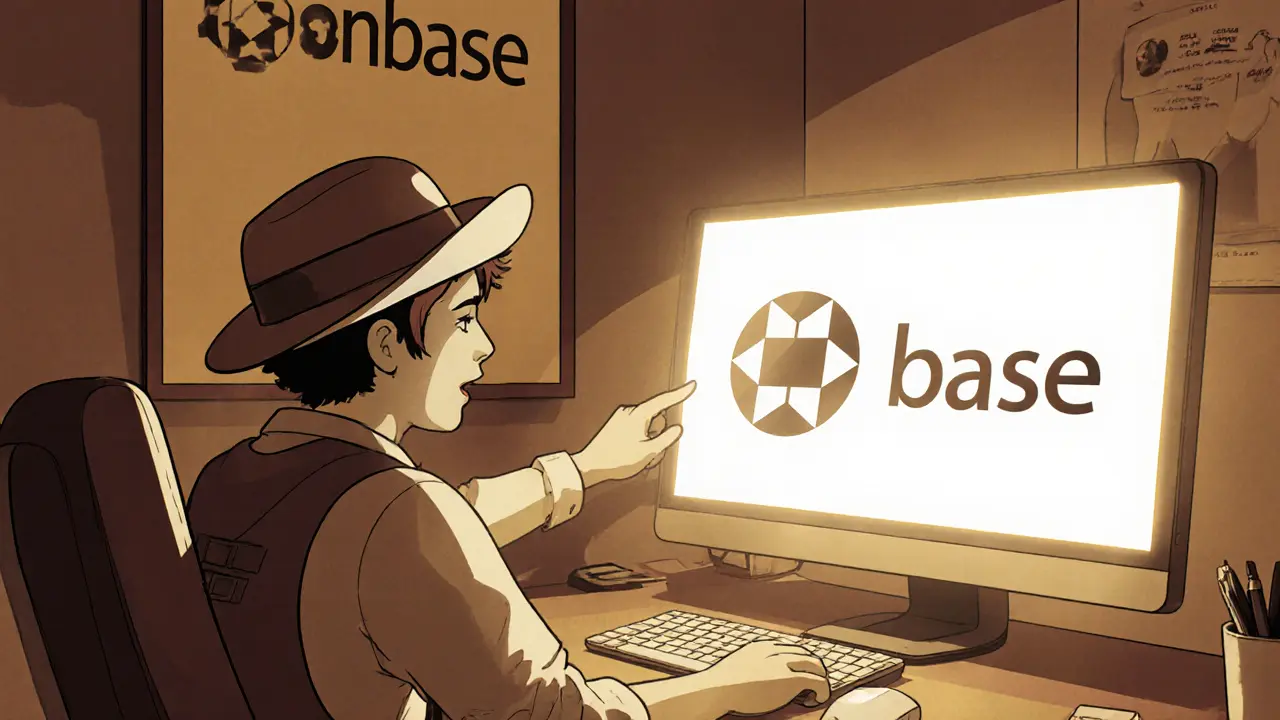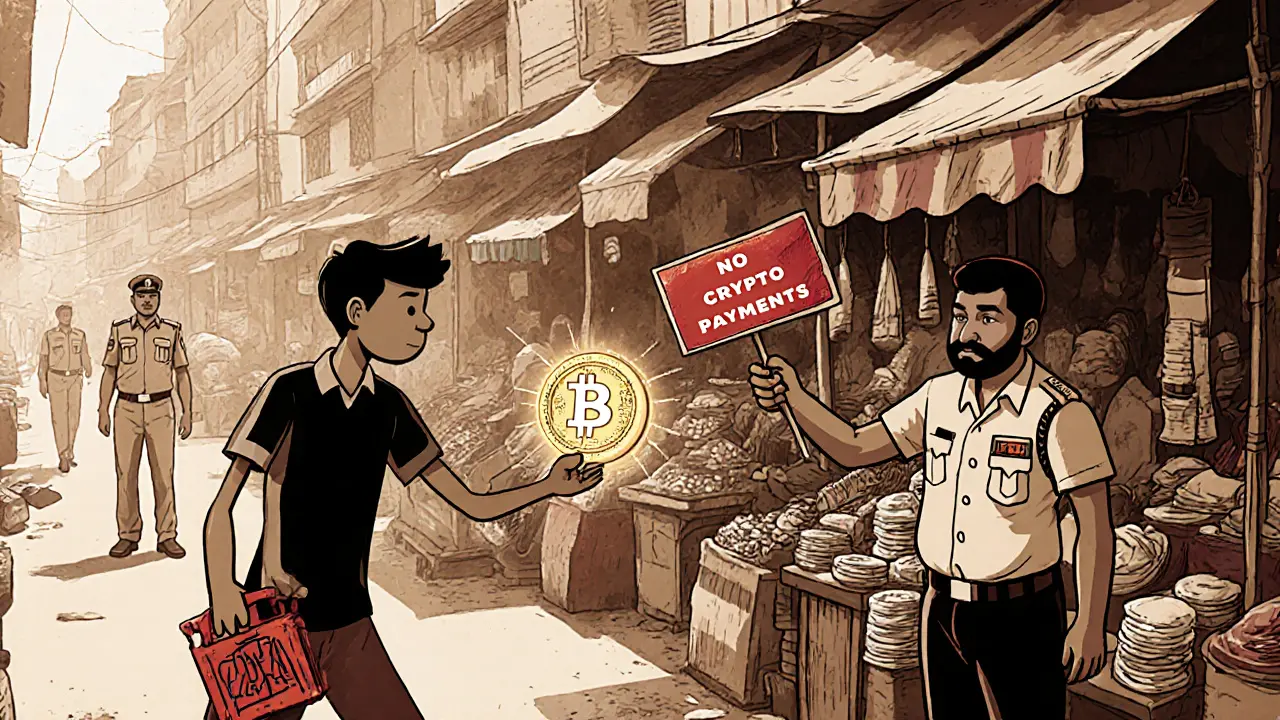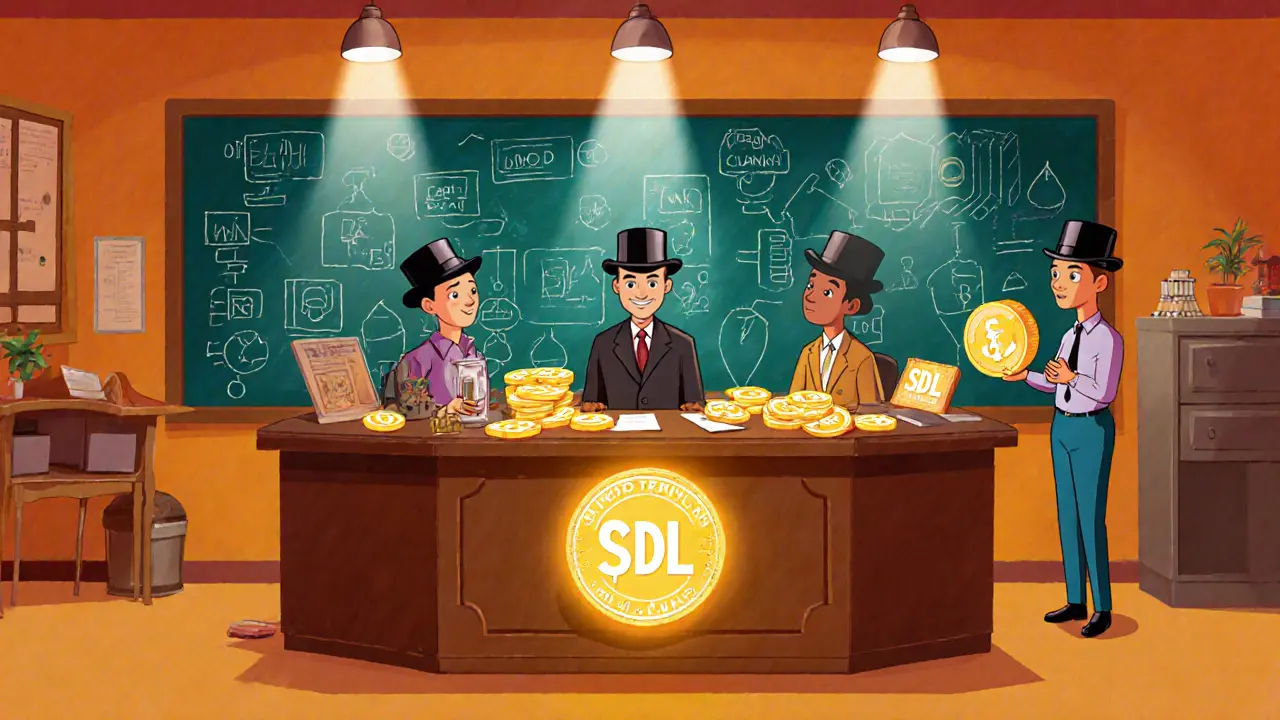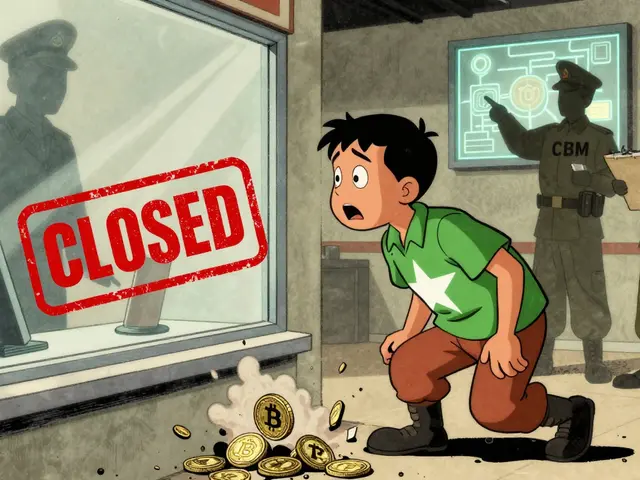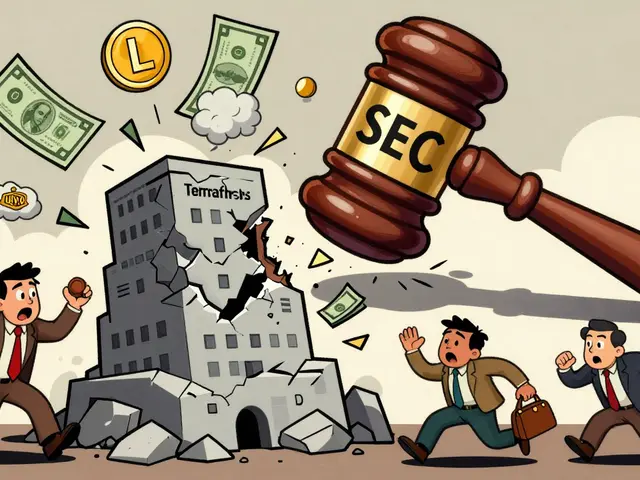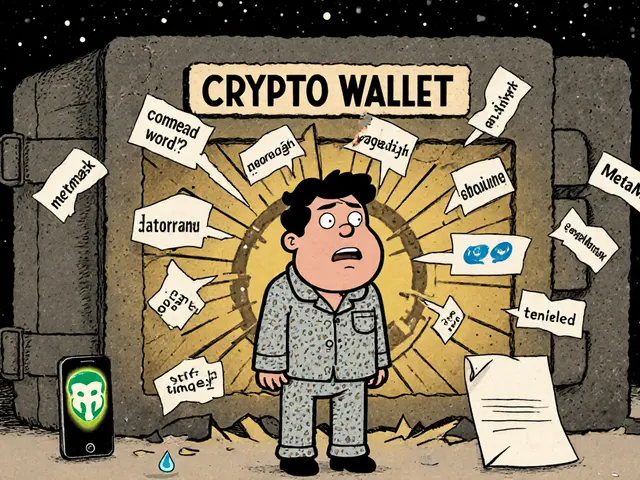2025 Crypto Insights: Airdrops, Exchanges, and Real-World Crypto Rules
When it comes to crypto airdrop, a free distribution of tokens to wallet holders based on specific on-chain actions. Also known as token giveaway, it's one of the most common ways new projects build early communities — but not all are legit. In October 2025, guides on the Base BRW reward, Legion LGX, and BUNI drops showed how to spot real opportunities from fake ones. Many users still think airdrops are free money, but the truth is, they require work: holding tokens, interacting with smart contracts, or joining communities. The ones that paid off in 2025 weren’t the loudest on Twitter — they were the ones with real protocol usage and verified team activity.
crypto exchange, a platform where users trade digital assets, either with KYC or without. Also known as DEX or CEX, it’s the gateway to crypto — but most platforms labeled as exchanges in 2025 weren’t exchanges at all. Spectre, UBIX, and Cellana were marketed as trading platforms, but they were just low-liquidity tokens with misleading names. Real exchanges like Uniswap v3 on Blast and Swapr offered actual trading, lower fees, and cross-chain support. The difference? One lets you swap ETH for WBTC. The other just shows a price chart with no buyers. Meanwhile, cryptocurrency regulation, government rules that define how crypto can be used, taxed, or banned. Also known as crypto law, it became a major theme in October 2025. Vietnam slapped fines of up to 200 million VND on people using crypto for payments. India kept its ban on crypto payments but allowed trading and staking. These aren’t random policies — they’re reactions to real behavior: people using crypto to bypass banks, pay for goods, or avoid taxes. And behind all of this is blockchain consensus, the method networks use to agree on transaction validity without a central authority. Also known as proof-of-stake or proof-of-work, it’s the invisible engine that makes DeFi and airdrops possible. The Byzantine Generals Problem isn’t just theory — it’s why Bitcoin still works after 15 years, while meme coins like BABYSOL collapse in weeks.
What you’ll find in this archive isn’t hype. It’s the real breakdowns: how to claim an airdrop without getting scammed, why some "exchanges" are just ghost tokens, and what regulations actually mean for your wallet. No fluff. No promises of moonshots. Just what works, what doesn’t, and why.
NextEarth (NXTT) was a metaverse crypto token launched in 2022 with promises of land ownership and environmental charity. Today, it trades for less than a fraction of a cent, with almost no trading volume or community. A cautionary tale of failed crypto ambition.
Continue reading
Baby Solana (BABYSOL) is a low-cap meme token on Solana with no utility, no team, and almost no liquidity. It's not an investment - it's a high-risk gamble with a near-zero chance of survival.
Continue reading
Uniswap v3 on Blast offers lower fees and native yield for ETH and WBTC traders. A practical review of its performance, risks, and why it's a smart choice for Layer 2 DeFi users in 2025.
Continue reading
Vietnam fines users 150-200 million VND for using crypto as payment. Learn why it's banned, what's still legal, how enforcement works, and what the future holds.
Continue reading
The Byzantine Generals Problem explains how distributed systems like blockchain reach agreement when some participants may lie. Bitcoin and Ethereum solved it with economic incentives and proof-of-stake, making decentralized networks secure without central control.
Continue reading
Learn how to claim the Legion SuperApp (LGX) airdrop, referral rewards, token value, and compare it to other crypto drops in a clear step‑by‑step guide.
Continue reading
Learn how crypto borrowing works, the role of collateral, LTV ratios, risks, and step‑by‑step guides for DeFi, CeFi, and bank loans.
Continue reading
Learn how to use an ASIC Miner Profitability Calculator, understand key inputs, avoid common mistakes, and compare top tools for accurate mining ROI.
Continue reading
Learn everything about the upcoming Base token airdrop, how to qualify, timeline, and the best on‑chain actions to boost your chances of receiving the BRW reward.
Continue reading
A detailed 2025 review of Cellana Finance, covering its ve(3,3) token model, liquidity, security, user experience, and how it stacks up against major DEXs.
Continue reading
Explore the legal status of crypto payments in India in 2025. Learn why direct payments are banned, what activities are allowed, tax rules, and compliance steps.
Continue reading
Stake.link (SDL) is the first liquid‑staking platform for Chainlink. Learn how stLINK works, SDL's role, APY, risks, and how to start staking in minutes.
Continue reading
